INTRODUCTION
The energy transition is disrupting markets around the world, and Thailand is no exception. The move from energy based on fossil fuels to renewable sources will reshape energy markets over the coming decades. The disruption this will cause will give rise to plentiful opportunities for climate-tech businesses. The Thai government has already announced a number of measures it will implement in order to facilitate the transition.
CURRENT SITUATION
Before looking at the measures the Thai government is taking to support the energy transition, it is worth examining the status quo. Thailand’s energy needs are currently met by fossil fuels such as refined petroleum products and natural gas, as well as a mix of renewable sources such as solar, wind, biomass, and hydroelectricity.
Petroleum
Thailand is a net importer of both crude oil and refined oil products. Natural gas is sourced both domestically and through imports, which arrive through pipelines from Myanmar and as liquefied natural gas (LNG). With domestic gas supplies being depleted and limited opportunities for new investment in the upstream sector, LNG looks likely to play an increasingly important role in supplying Thailand’s energy needs in the coming decades. Earlier this year, the Department of Mineral Fuels, Ministry of Energy (DMF) announced the 24th bidding round for offshore exploration and production blocks; bids are due between 5 – 16 September 2022.
Electricity Generation
As of May 2022, Thailand’s installed grid capacity was approximately 46.8 GW.1 This does not include very small power producers (VSPPs), which are defined as power projects with an installed capacity of less than 10 MW. The figure also does not include so-called “behind the meter” distributed generation, such as power supplied from natural gas fired cogeneration plants on industrial estates or rooftop solar installations.
Peak demand for electricity in 2021 was 30,135 MW.2 The discrepancy between installed capacity and peak demand is welcome, though it should be noted that the most recent version of the Power Development Plan (PDP) contemplates the retirement and decommissioning of 25,310 MW of existing installed capacity by 2037. Given that Thailand’s electricity consumption is likely to continue to grow, additional capacity will need to come online. Indeed, the PDP envisions a further 56,431 MW of new installed capacity being built by 2037.3
Thailand consumed 190.5 TWh of electricity in 2021; overall electricity consumption rose 25% from 2010 to 2020.4 The global energy transition will likely involve a greater dependence on electrification of other sectors, such as transport, manufacturing, heating and cooling, etc. Thailand is no exception, and Thailand’s electricity demands will certainly continue to rise.
As of March 2022, approximately 57% of Thailand’s electricity was being generated from natural gas, followed by lignite and coal combined at 14.5%, renewables at 9%, domestic hydroelectricity at 3.5%, and fuel oil and diesel at 0.2%. Imported electricity is responsible for approximately 15% of Thailand’s total electricity supply
DECARBONISING THE GRID
The Thai government has announced various ways in which it intends to direct decarbonisation of the electricity grid, including increased reliance on non-carbon emitting sources of electricity and relying on carbon capture, utilisation and storage (CCUS) technology.
Solar
The current PDP envisions solar capacity to increase from approximately 4,000 MW at present to 14, 754 MW by 2037. From the additional 10.7 GW of installed capacity, 2,725 MW will come from floating solar projects on hydroelectric dams owned and operated by the Electricity Generating Authority of Thailand (EGAT). The remaining portions will presumably come from a combination of rooftop and ground-mounted installations.
As for future development, floating solar projects have begun to make inroads in inland waters, particularly artificial ponds on industrial estates. Offshore solar is a nascent technology, though it shows a great deal of promise since it avoids concerns relating to land use. Unlike offshore wind, offshore solar installations are invisible or barely visible on the horizon, thus minimising any potential negative impact of sight pollution. New regulatory frameworks would be needed to develop the offshore solar (and wind) sectors.
Wind
The Department of Alternative Energy Development and Efficiency has conducted a number of studies on the potential of wind power in Thailand. With current technologies, Thailand’s wind profile is less promising than that for solar. However, technological advances may improve the prospects for wind in Thailand in the coming decades. Further, offshore wind could potentially present an additional growth opportunity, though as mentioned above, new legal and regulatory frameworks would need to be devised. Currently, Thailand has 34 wind projects with capacity of 1,523.21 MW (as of March 2022) that have reached commercial operations. Most projects that are currently in operation are located in the northeast of Thailand.
Energy Storage
Solar and wind energy do have a few drawbacks, including the intermittent nature of electricity generation; however, storage technologies are available that can ensure a continuous flow of electricity. To date, there has been limited deployment of grid-scale energy storage in Thailand, though there are several projects in the pipeline. The primary technology being considered is typically lithium-ion batteries, which have proven effective in facilitating the deployment of electric vehicles due to their high energy density. Thai policy makers have encouraged storage technology being coupled with variable renewable sources (like solar and wind) by utilising semi-firm power purchase agreements.
CCUS
CCUS is an emissions reduction technology that captures CO2 and either stores it underground or diverts it for further use in other production processes. CCUS is considered an important tool in achieving decarbonisation. Although direct air capture (DAC) has gained attention recently due to reports of initial projects coming online, DAC technology is still a relatively expensive method of removing carbon from the atmosphere given the low concentrations of CO2 in ambient conditions. Bioenergy with carbon capture and storage, or “BECCS”, which involves the generation of electricity from biomass or biogas, alongside the capture of carbon dioxide emissions at the source where concentrations of CO2 are significantly higher, is also promising, as it has the potential to result in negative CO2 emissions.
Since the majority of Thailand’s electricity generation is still derived from burning fossil fuels, it is likely that deploying CCUS in the near- to mid-term will be needed in order to achieve full decarbonisation. Given the abundant quantities of agricultural waste, electricity generation from biomass and biogas plants is likely to increase. By coupling CCUS technology, these power plants may have a negative emissions profile, thus assisting Thailand in meeting its CO2 reduction targets.
ELECTRICITY MARKET LIBERALISATION
Thailand’s power markets have traditionally been structured as an enhanced single buyer model, where publicly owned utilities have dominated transmission and distribution. However, recent steps taken by regulators have the potential to open up the power sector, which could result in a speedier transition to a decarbonised grid.
In order to support the energy transition, the Energy Regulatory Commission (the ERC) has recently issued the Notification Re: Criteria and Guidelines on Preparation of the ThirdParty Access Code for the Electricity Network Systems (the TPA Codes Notification). The TPA Codes Notification discusses third-party access codes (the TPA Codes) for the electricity transmission and distribution systems.
The TPA Codes Notification requires EGAT, the Metropolitan Electricity Authority (MEA) and the Provincial Electricity Authority (PEA) to each issue TPA Codes prepared in accordance with the Third-Party Access Framework Guidelines attached to the TPA Codes Notification (the TPA Code Guidelines). Once the TPA Codes are adopted and further regulations relating to usage and utilisation of the electricity network systems are implemented, the issuers of the TPA Codes generally would have to allow certain third parties to utilise or connect to the issuers’ electricity network systems. Under the TPA Codes Notification, third parties are specified as private power business operators or licensees under the Energy Industry Act B.E. 2550 (2007) other than the issuers themselves. The issuers would be entitled to service fees, which would be subject to the further supervision by the ERC.
The enactment of TPA Codes should increase competition in Thailand’s power markets and, ultimately, lower retail electricity costs. A key issue to watch going forward will be wheeling charges imposed by the TPA Code issuers, since this will be a driving factor in determining the economic viability of private electricity trading. The primary beneficiaries of a liberalised market would be consumers, who should be able to benefit from lower power prices. Another key motivator will be the ability to procure electricity entirely or mainly from renewable sources. As many companies have adopted commitments to achieve net zero carbon emissions by a specified date, allowing the purchase of power that has been generated entirely from renewable sources will facilitate the achievement of these commitments and provide opportunities for renewable energy developers.
Hydrogen has been touted as a means of decarbonising various sectors.
FUTURE TRENDS – HYDROGEN
Hydrogen has been touted as a means of decarbonising various sectors. However, since hydrogen does not exist at scale in ambient conditions, it must be produced with energy inputs. There are several methods of producing hydrogen where CO2 is not emitted to the atmosphere. Given the variety of its potential applications, including in steel manufacturing, fertiliser production, and long-haul shipping and aviation, it is generally believed that hydrogen will have a key role to play in facilitating decarbonisation globally in the coming decades.
With Thailand’s abundant solar radiation, relatively inexpensive land, ample coastlines and proximity to major markets, it is well-situated to be a leader in the deployment of green hydrogen. The technology deployed in producing green hydrogen involves splitting water molecules into their component parts of oxygen and hydrogen through electrolysis. When the electricity is generated from non-carbon emitting sources of energy, such as solar, wind or hydroelectricity, it is generally classified as “green” hydrogen.
Thailand does not currently have a substantial hydrogen industry, but it has the potential to develop low carbon hydrogen for domestic use and for export. Under the Alternative Energy Development Plan (AEDP), one of Thailand’s five master plans relating to energy development, hydrogen is included as part of the “alternative fuels” category with a set target goal of 10 Kilotons of oil equivalent (KTOE) in total by 2036.
The ERC has included hydrogen in the definition of “renewable energy” to be purchased by the PEA or MEA (for VSPP projects) and EGAT (for small power producers, or “SPP” projects), pursuant to the ERC Notification Re: Purchase of Power from SPP Operators of Renewable Energy by Feed-in Tariff B.E. 2560 and the ERC Notification Re: Purchase of Power from VSPP Operators of Renewable Energy B.E. 2561.
While there is still no overarching hydrogen regulatory framework in Thailand, general regulations would apply to hydrogen projects similarly to other power projects. For instance, for green hydrogen projects, an electricity generation licence under the Energy Industry Act may be required. The operating site may also be subject to requirements under the Factory Act, depending on the activities being carried out.
CONCLUSION
The energy transition has already given rise to numerous success stories. Given the pace of change, companies that stay apprised of legal and regulatory developments will be well-situated to take advantage of new opportunities.

David Beckstead
is a Partner at Chandler MHM Limited. He has vast experience representing lenders and project sponsors in the oil & gas, mining, renewable energy, and manufacturing sectors.
- Energy Policy and Planning Office, Ministry of Energy. Electricity statistics (http://www.eppo.go.th/index.php/en/ en-energystatistics/electricity-statistic).
- Ibid.
- International Trade Administration, Department of Commerce (United State of America). Thailand – Country Commercial Guide, Energy, 15 August 2021 (https://www.trade.gov/country-commercial-guides/thailand-energy).
- Supra note 1.
This article was published in the September, 22 issue of the IHC Magazine. To read the fill magazine, please click here


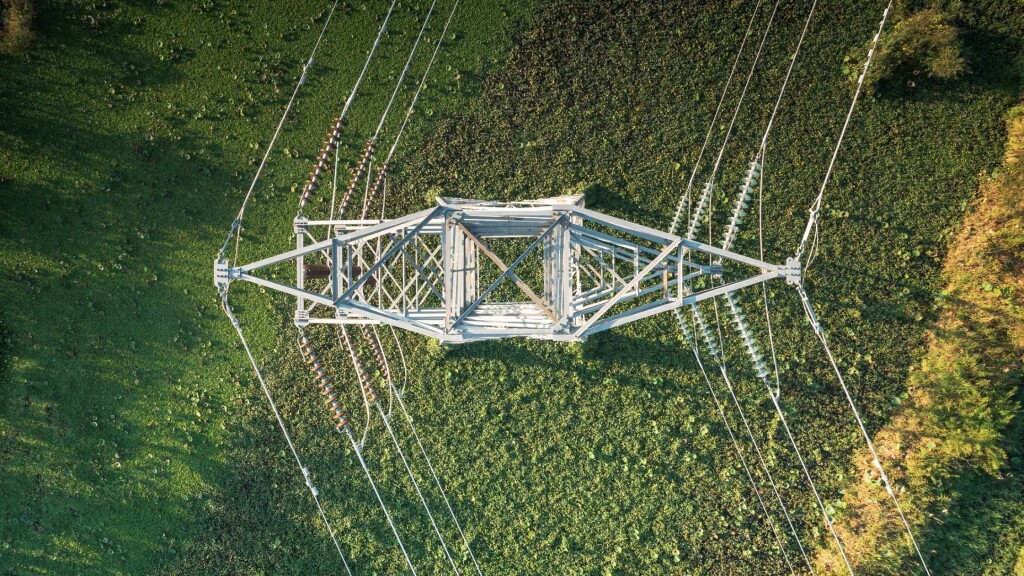

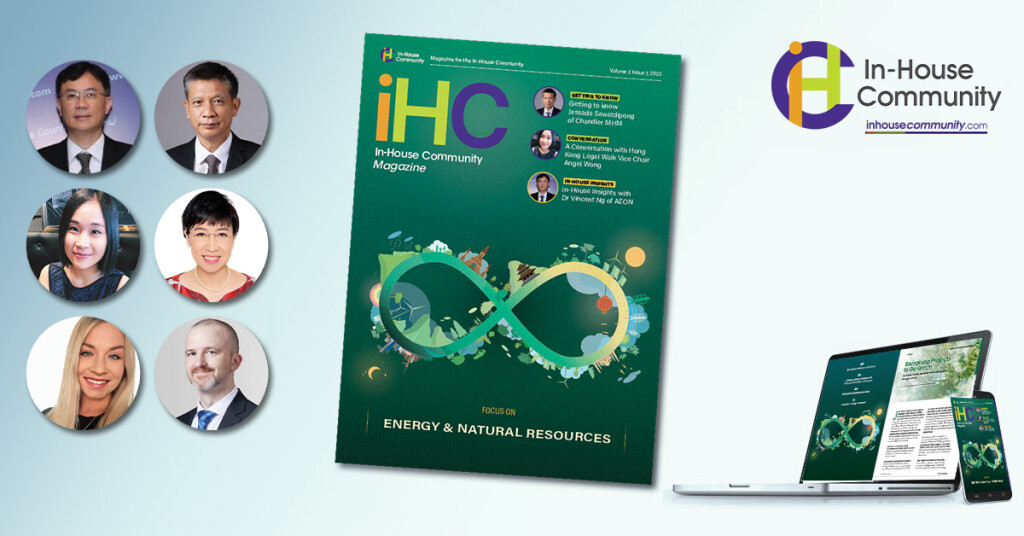










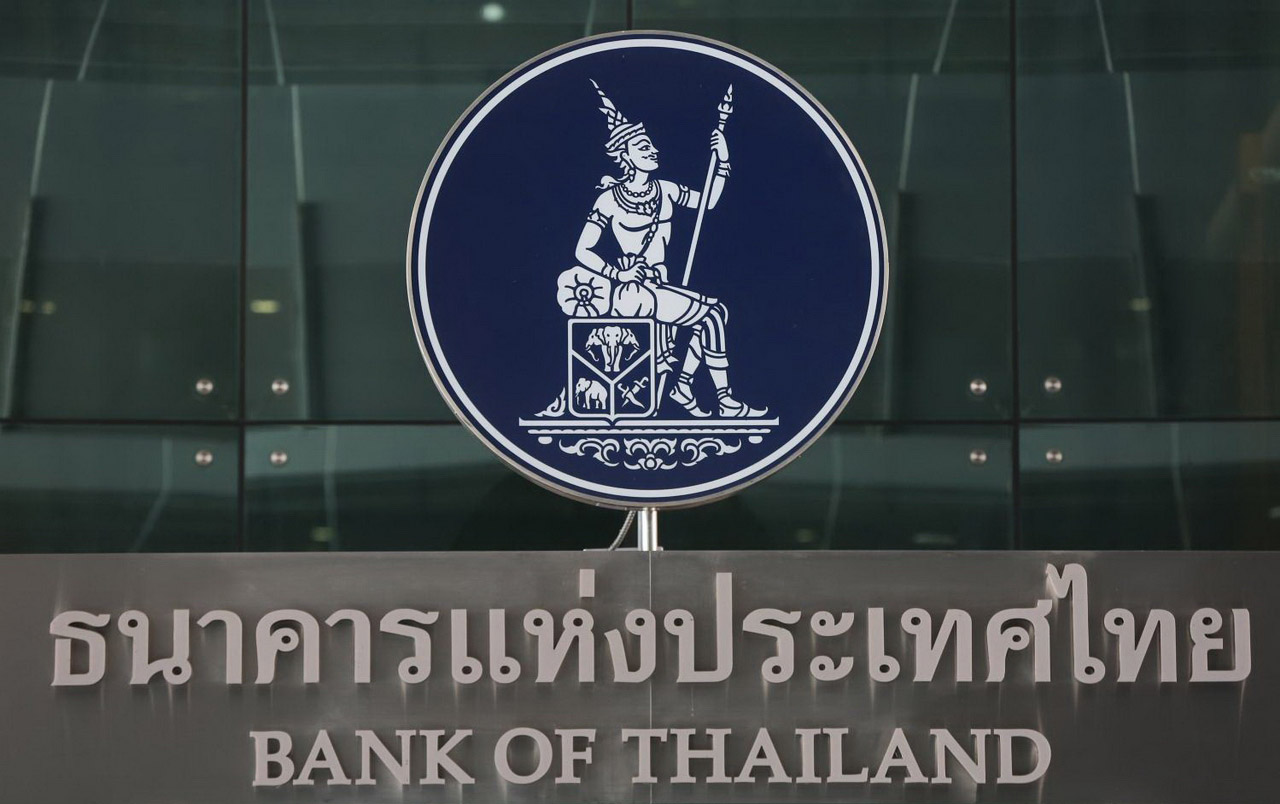




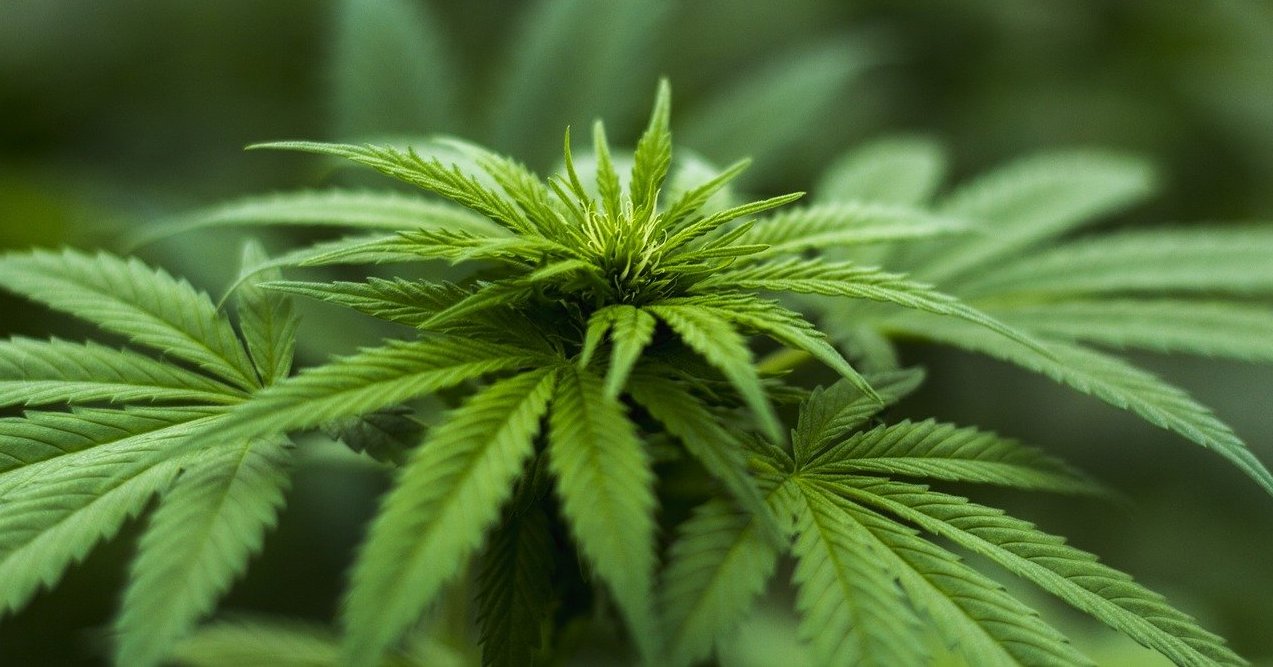













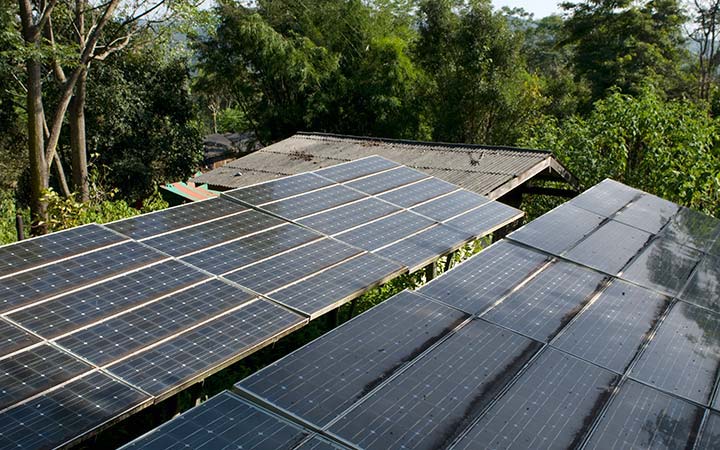



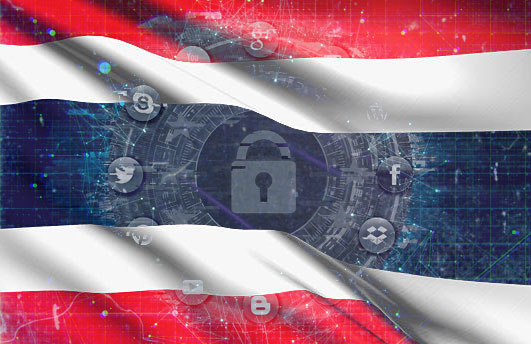



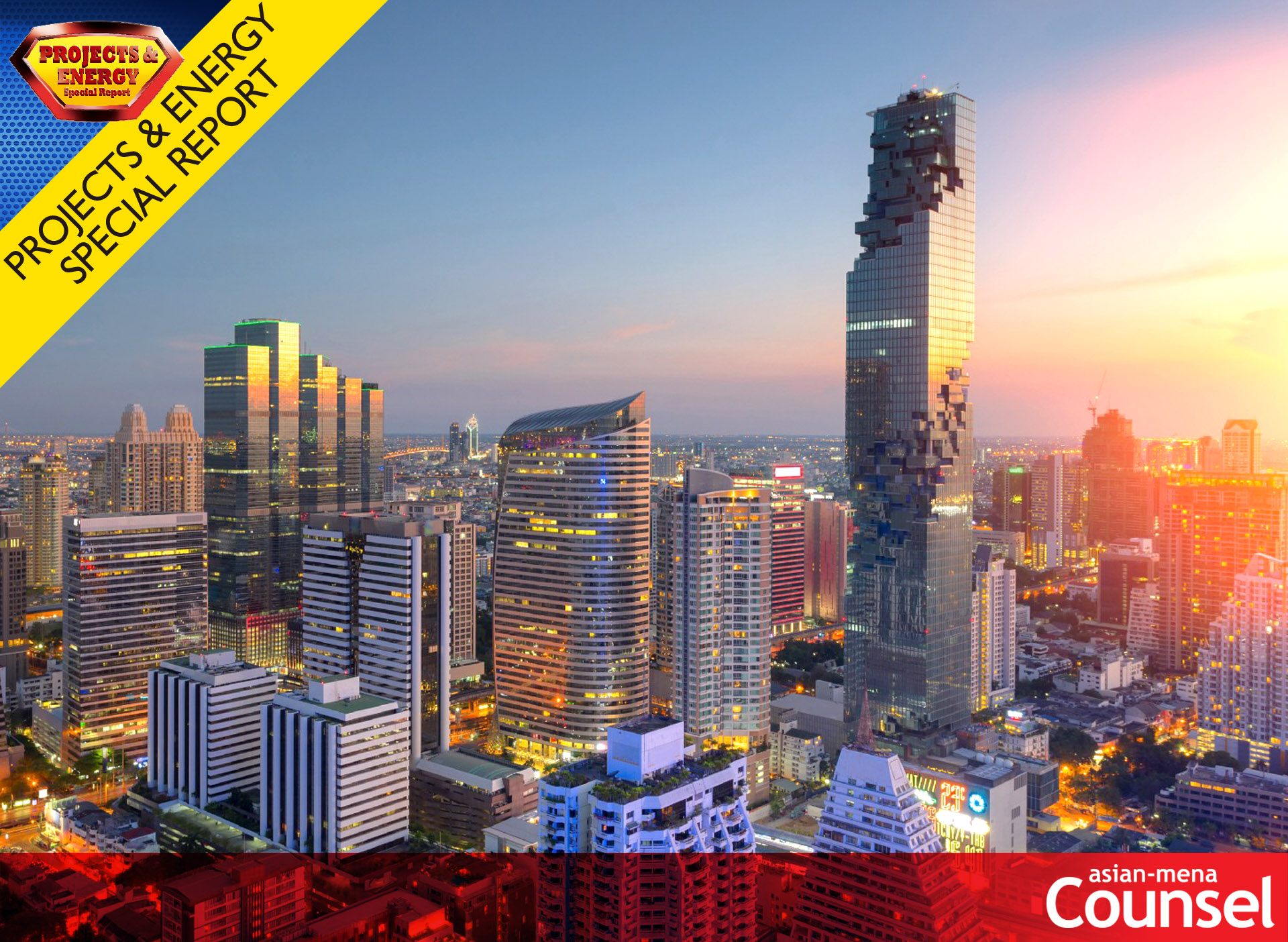
















 Chandler MHM Limited
Chandler MHM Limited Jessada Sawatdipong
Jessada Sawatdipong







